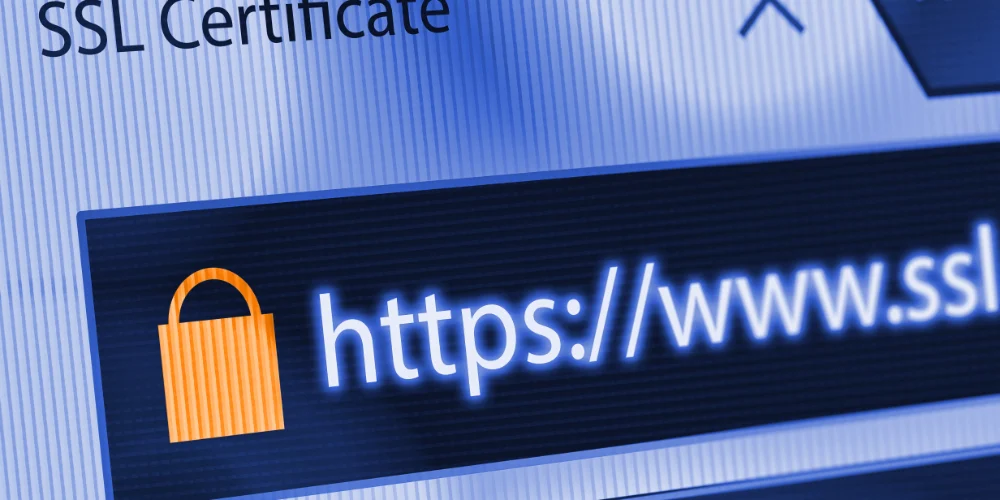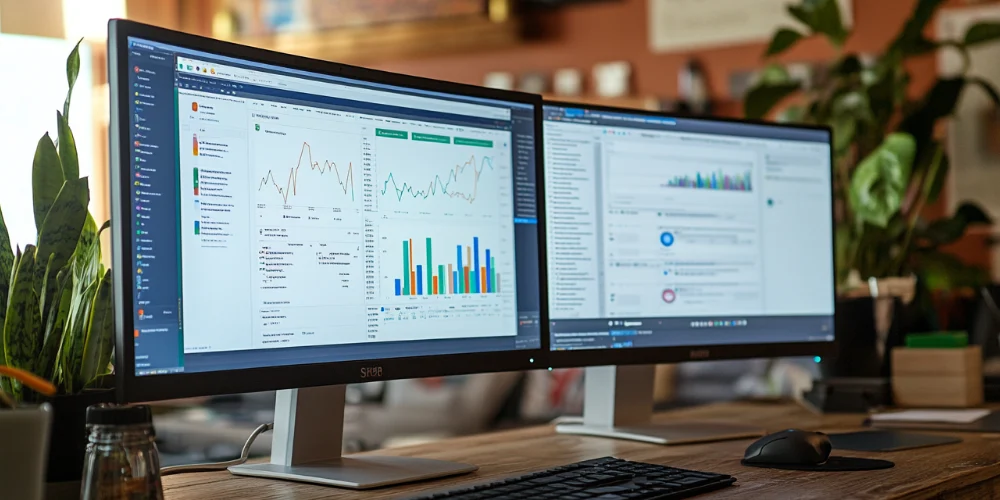Essential Security Measures for Online Safety
How do I secure my website with my web hosting provider? Securing your website is crucial to protect against cyber threats and ensure the safety of user data. This guide explores the security measures you can implement in collaboration with your web hosting provider to enhance your website’s cybersecurity and ensure robust online security.
Understanding Website Security Basics
Website security protects a website from cyberattacks by implementing cybersecurity practices that safeguard against malware, data breaches, and other online threats. Before diving into more complex security measures, it’s essential to understand the fundamental aspects of web protection, such as SSL encryption, firewalls, and secure browsing.
Choosing a Secure Web Hosting Provider
Your choice of web hosting provider is critical in securing your website. Look for a provider that offers comprehensive security features, including secure hosting, malware protection, and intrusion prevention systems. The provider should also ensure routine security audits and support HTTPS implementation for encrypted connections.
Implementing HTTPS with SSL Certificates
Securing your website with HTTPS is essential for protecting user data during transmission. HTTPS, facilitated by SSL (Secure Sockets Layer) certificates, encrypts the data exchanged between a user’s browser and your website, making it difficult for attackers to intercept or tamper with information. Ensure your hosting provider includes SSL certificates as part of their service or supports easy integration of third-party certificates.
Regular Software and Security Updates
Keeping your website’s software and installed scripts up to date is crucial for security. Outdated software can contain vulnerabilities that hackers can exploit. Collaborate with your hosting provider to ensure they offer automatic updates for core software and any additional applications used on your site.
Utilising Web Application Firewalls (WAF)
A Web Application Firewall (WAF) provides a crucial layer of security by monitoring and filtering incoming traffic to your website. It helps protect against common attacks such as SQL injection and cross-site scripting (XSS). Please discuss the availability of WAF services with your hosting provider and ensure they are configured properly to defend your site.
Backup and Data Recovery Plans
Regular backups are vital for website security. In the event of data loss or a security breach, up-to-date backups allow you to restore your website quickly. Verify that your hosting provider offers automated backup solutions and easy restoration capabilities. Understand their data recovery processes and ensure they align with your website’s needs.
Secure Access Controls
Managing who has access to your website’s backend is crucial for maintaining security. Implement robust password policies and use two-factor authentication (2FA) for an additional layer of protection. Limit the number of login attempts to prevent brute force attacks and ensure that permissions are appropriately set according to the user’s role.
Monitoring and Responding to Security Threats
Continuous website monitoring for unusual activity is necessary to promptly detect and respond to threats. Many hosting providers offer security monitoring tools that alert you to potential security issues. Ensure a clear protocol for responding to and mitigating any detected threats.
Implementing Privacy Policies and Data Protection
Data privacy is a critical component of website security. Ensure your website complies with legal standards such as GDPR or CCPA by implementing proper data protection policies. This includes securing user data, transparent privacy policies, and secure data storage practices. Please consult your hosting provider to confirm that they comply with these standards and offer tools to support compliance.
Implementing these security measures and working closely with your web hosting provider can significantly enhance your website’s security. Regularly reviewing and updating your security practices in response to emerging threats is essential for maintaining a secure and trustworthy online presence.

















